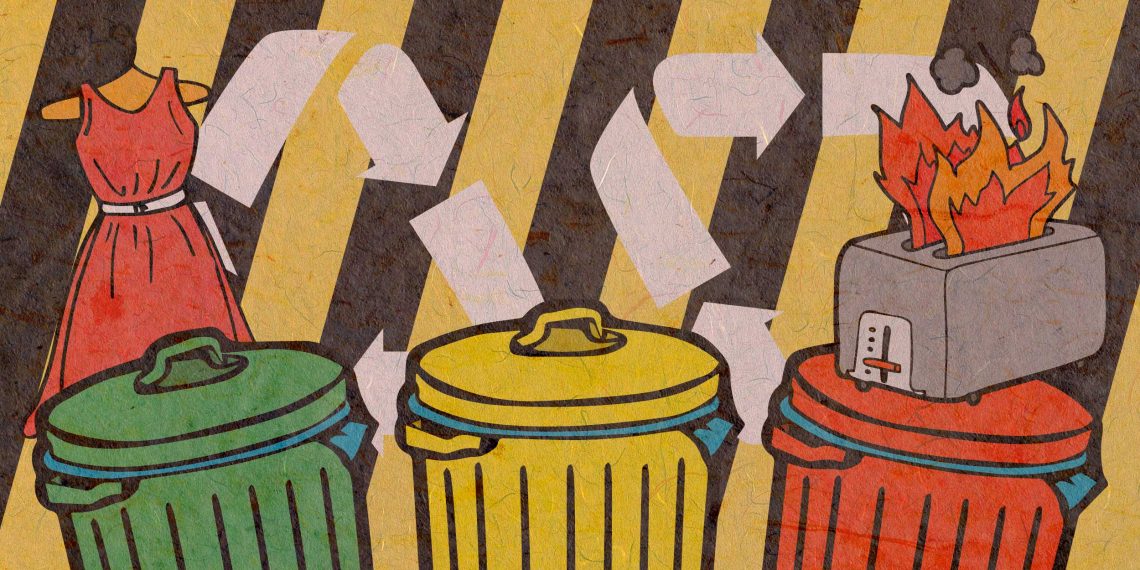Boring clothes or broken equipment can be sold, scrapped, or discounted.
Get money
Classified sites
What to sell: clothing, footwear, equipment, furniture, souvenirs, books, leftover building materials – whatever.
Selling over the Internet is easy enough as it greatly expands the circle of potential buyers. Almost anything can be realized. To do this, you need to take into account several nuances:
1. Take good photographs of the subject in which it would be visible from all sides. Be honest in describing the defects and photograph them separately so that the buyer can assess whether the item’s condition is satisfied.
Read also: 6 Signs You Have Financial Problems Even When You Don’t See it.
2. Enter the name correctly. The product should correspond to the search query and attract the buyer, give him a little more information than just an indication of a group of products, and hit the target audience.
Laptop motherboard is worse than Lenovo v580c laptop motherboard. In the second case, the ad will have fewer views, but only those who really need this particular product will click on the title.
Items with no size or compatibility also need details: “Lenin’s bust of 1924” will interest you more than just a “Lenin’s bust.”
3. Don’t go overboard with creativity in your description. The emotional component can be important for some unique things, but the buyer is hardly interested in how you got used to your soul to the washing machine. Indicate the spin speed instead, wash water consumption, and other technical data.
Some items don’t have to be sold in their entirety. There may not be anyone interested in an outdated laptop, but similar equipment owners will quickly buy it up for parts.
There may be a local site visited in your city. Also, find thematic groups on social media. People, there are very active in buying used things.
When selling via the Internet, beware of scammers: do not provide PIN codes from bank SMS, make appointments in crowded places, preferably under cameras.
Flea market
What to sell: clothes, shoes, jewelry, souvenirs, figurines, and other trinkets.
It is fashionable to buy flea beetles now. Why not join the trend from the other side. Find out the terms of the sale: is it enough to just come with your piece of polyethylene and put the goods on it, or do you have to pay someone for the right to trade, legally or illegally.
Flea markets have a more civilized replacement: some stores will offer you a shelf or rail for rent. But if there are no buyers, you will not earn and lose money on rent.
Commissions
What to sell: clothes, shoes, accessories, dishes, books, records and so on.

Thrift stores, or second-hand stores, operate in two ways.
- appraise things and buy them at a set value;
- accept them for sale, and then settle with you when the item is bought, withholding their reward.
This option should be used by someone who does not want to bother with online sales. You need to take the items in proper condition to the store.
Handing over for processing
What to give: waste paper, plastic, glass, household appliances, textiles.
You can’t make millions by renting things out, but you can earn something. Moreover, most of the materials for recycling are accumulated spontaneously, without much effort on your part. Thus, in St. Petersburg, you can exchange 1 kg of plastic bottles for 8 rubles, 1 kg of broken glass jars – for 70 kopecks, 1 kg of waste paper – for 2 rubles. In Moscow, for 1 kg of textiles, they will pay 4 rubles.
But there are two nuances here. First, you will have to look for collection points and transport your “savings” there. Secondly, it may be psychologically difficult for some to hand over bottles because, for a long time, it was considered a symbol of marginality.
Don’t worry: today a person with a string bag, in which bottles tinkle, is the most fashionable in the area, because both environmental responsibility and string bags are in trend.
For discounts
Recycling
What to give: equipment, clothing, textiles.
This method’s main advantage is that it is immediately clear where to run with clothes – to a clothing store, with a washing machine – to a hypermarket of household appliances. For this, you will be given a discount on your next purchase.
Also read: 8 Financial Lessons Learned from Coronavirus Pandemic.
As for clothes, at H&M, you will be given a 15% discount on one item for a package with clothes of any brands, at Monki – 10%. IKEA periodically accepts bed linen: in exchange for a set, the Swedish concern gives a 15% discount on one sheet, pillowcase, or duvet cover.
Recycling equipment works on the same principle. You are giving away your property in exchange for a discount on your purchase. Moreover, large-scale items are most often taken out by the company’s employees when delivering new equipment. But there are also disadvantages: discounts are usually provided not for the entire range of products, but selected models.
Please note: recycling programs vary from network to network. In some shops you will be offered a discount, in others, you will be able to take out old equipment free of charge. Read the terms and conditions on the network website carefully.
Adapted and translated by Wiki Avenue Staff
Sources: Life hacker






